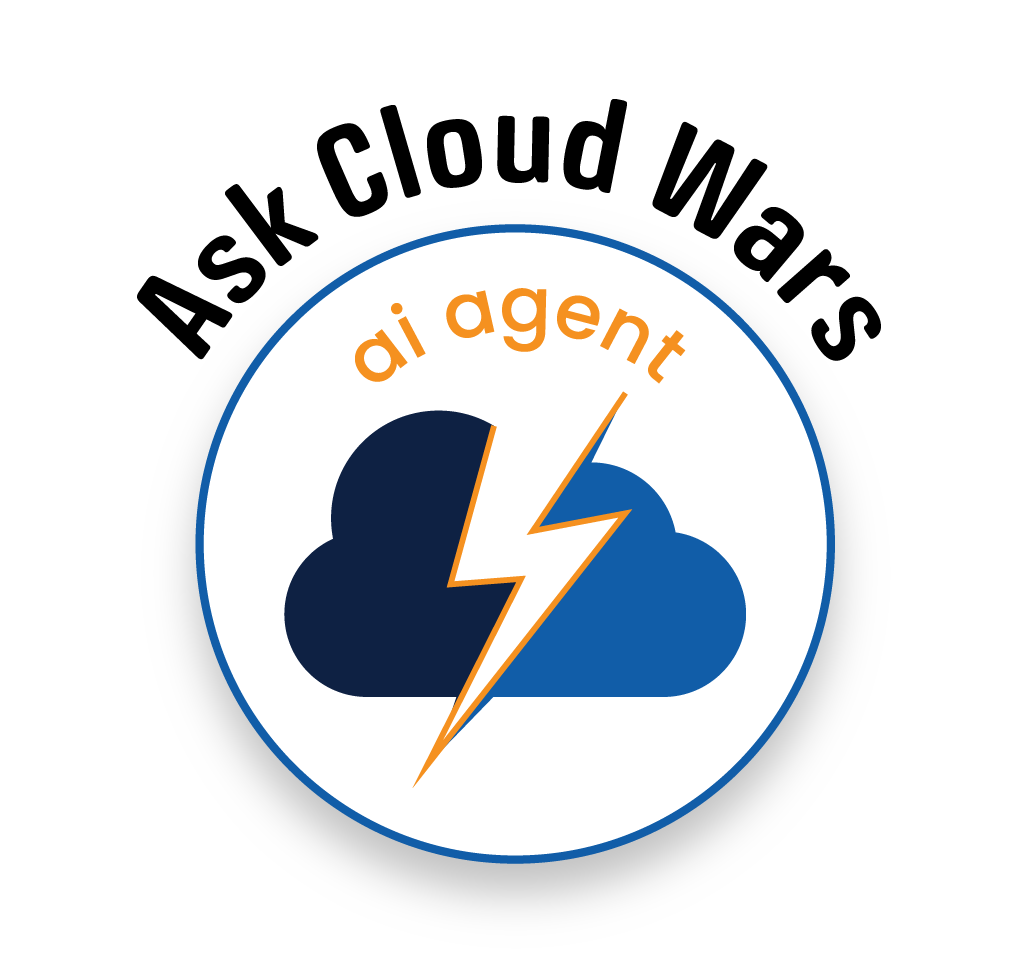How Workday Is Transforming the Modern Work Experience with AI

Alt: Workday AI dashboard and user experience illustration
In today’s fast-paced business world, organizations need tools that streamline processes and empower teams. Workday has become a cornerstone for many companies, offering cloud-based solutions for HR, finance, and operations. However, the workplace landscape is changing rapidly, and artificial intelligence (AI) is playing a huge role in that transformation. Let's explore how Workday is evolving, what sets it apart from competitors, and why its customer-centric approach matters in the age of AI.
What Is Workday? An Essential Platform for Enterprises
Workday is a comprehensive enterprise platform that helps organizations manage their people and money. Its software covers everything from payroll and recruitment to expense management and performance reviews. If you’ve ever applied for a job or submitted an expense report at a large company, there’s a good chance you’ve interacted with Workday.
What distinguishes Workday is its focus on user experience. While many employees consider filling forms and updating databases as “the boring stuff,” this software strives to make those tasks as efficient and intuitive as possible. But as organizations expand and processes grow in complexity, the need for smart automation and AI-powered features intensifies.
Workday’s Vision: AI That Drives Real Business Value
Unlike some of its competitors, Workday is not chasing the latest AI hype by rolling out hundreds of AI agents. Instead, it remains laser-focused on practical, customer-driven impact. According to a recent analysis by Cloud Wars, Workday currently develops a small set of high-impact AI agents—just eight compared to hundreds from other vendors. This deliberate approach ensures that features work flawlessly and truly solve user problems, rather than overcomplicating workflows.
Workday’s President of Products and Technology, Gerrit Kazmaier, emphasizes this strategy. He argues that "AI is undoubtedly the most consequential technology in decades, but quality and measurable business results must come before quantity." This focus on the essentials means that the company’s AI investments are mapped directly to customer priorities and real-world use cases. Workday’s AI agents help automate repetitive HR tasks, guide recruiting decisions, and enhance employee self-service — always with an emphasis on accuracy and accountability.
Real-World Impact: Customer-Centric Innovation
Why such restraint in launching new AI features? In a detailed interview published on The Verge, Workday’s approach is explained: most businesses want a handful of reliable AI agents that deliver clear business value. Rolling out dozens of agents at once can overwhelm teams and introduce risk, especially when data quality and security are crucial. A University of Florida CIO, for example, highlighted the value of getting “a couple of AI agents working really well” before scaling up.
Workday’s ongoing dialogue with its customers leads to solutions that are refined through real user feedback. The company’s Everyday AI program shows how deeply AI is being integrated, not just for show, but to actually boost productivity. Workday also applies AI to user experience improvements—like streamlining workflows in Slack or Teams, or by anticipating frequently accessed forms and information.
How Does Workday Stack Up Against Competitors?
Market giants like Oracle, SAP, Microsoft, and Salesforce are racing to launch hundreds of AI agents. However, Workday believes that responsible and measured innovation builds trust, especially in HR and finance where errors can be costly. In this Cloud Wars overview, Workday’s leaders reinforce that AI features are rolled out carefully, with the customer’s data ecosystem and workflow readiness in mind."
"Today, most companies say ROI for AI projects is low, coming in at less than 5%. But they’re still ramping up their investments in this transformational technology." — Gerrit Kazmaier, President of Products and Technology, Workday
This insight shows that success isn’t about deploying the most AI, but about making AI that truly works for the business and its people.
The Future of Workday: Reliable, Evolving, and Human-Centric
What’s ahead for Workday? The platform will likely continue enhancing its AI capabilities. But unlike many software providers, it will not lose sight of the basics: reliability, trust, and user experience. New Workday features—from advanced AI-driven recruiting to conversational interfaces—are tested extensively and shaped by real company feedback. This approach aims to remove the friction of everyday business processes and help every team member, from HR to finance, perform at their best.
Conclusion: Workday’s Path to Meaningful Business Transformation
Workday is redefining how businesses use enterprise software by putting customer needs, data quality, and purposeful AI innovation first. Whether you're an HR leader or an employee submitting expense reports, you benefit from an ecosystem that values functionality over flash. As AI continues to evolve, Workday’s steady, customer-driven approach positions it as a trusted partner in the modern workplace.
For deeper insights into Workday’s latest strategy and how it stands apart in the enterprise AI space, be sure to review The Verge’s in-depth interview with Gerrit Kazmaier and Cloud Wars’ analysis. Whether you’re evaluating software for your company or seeking to optimize your current workday, these resources provide valuable perspectives on the platform’s evolving impact.